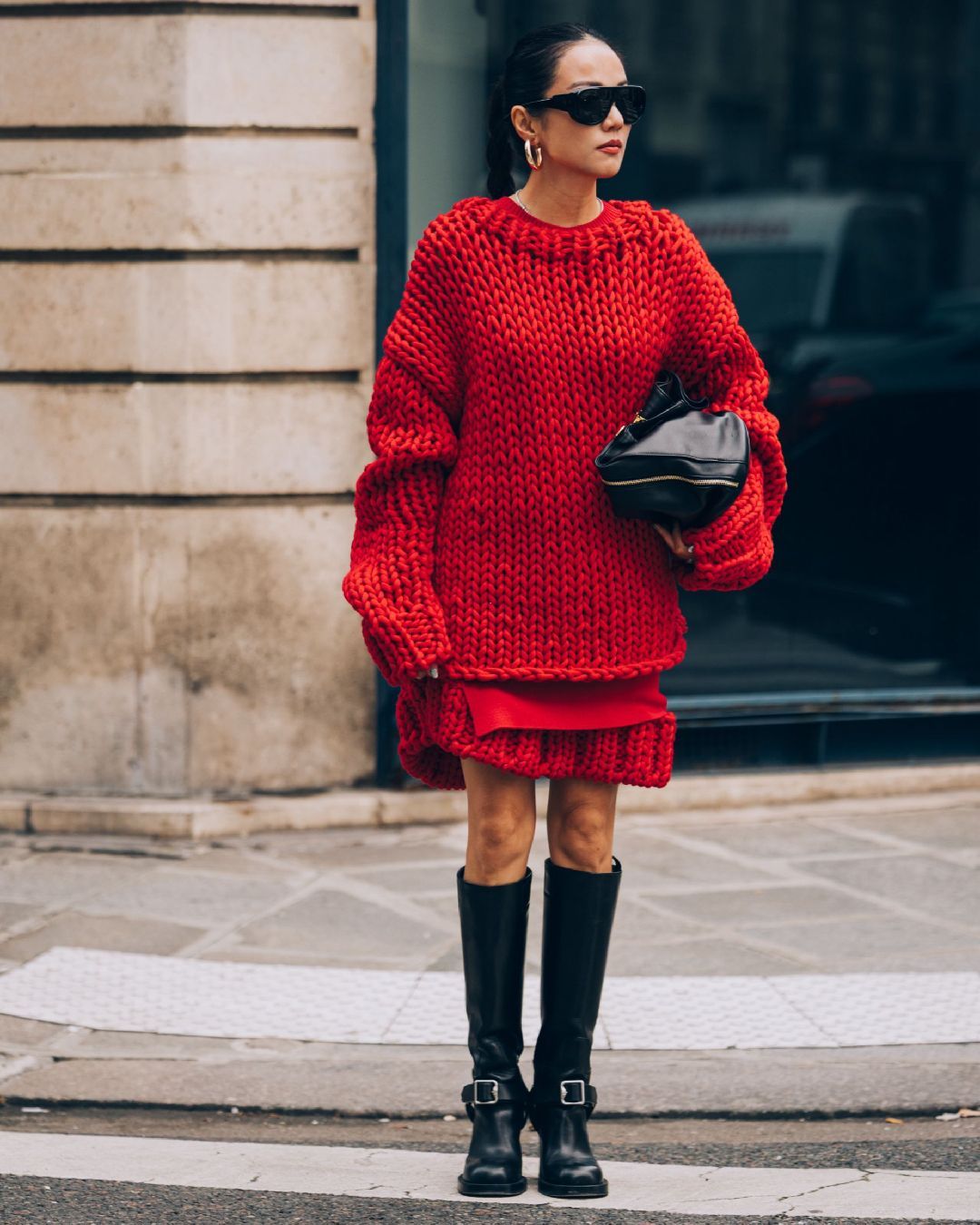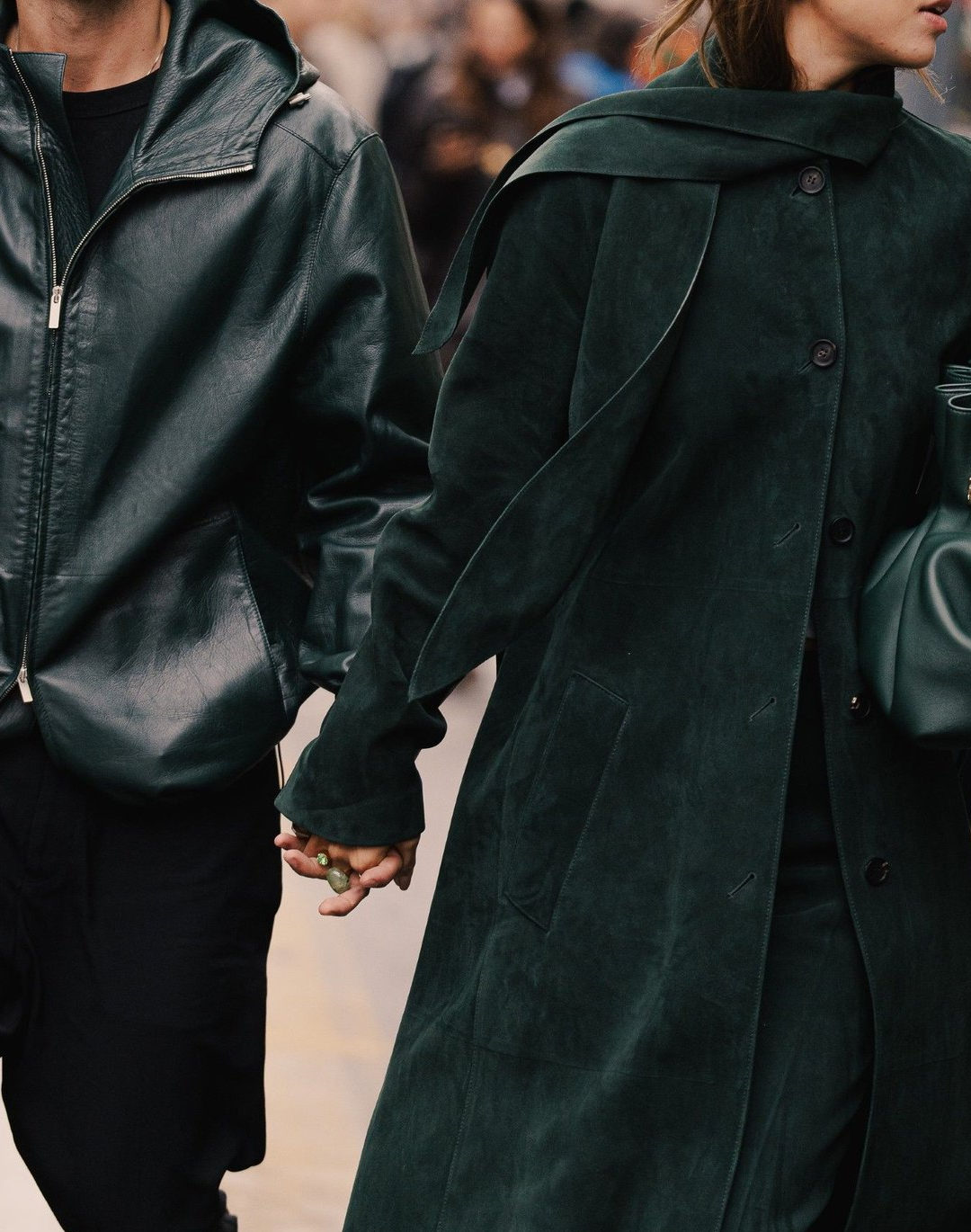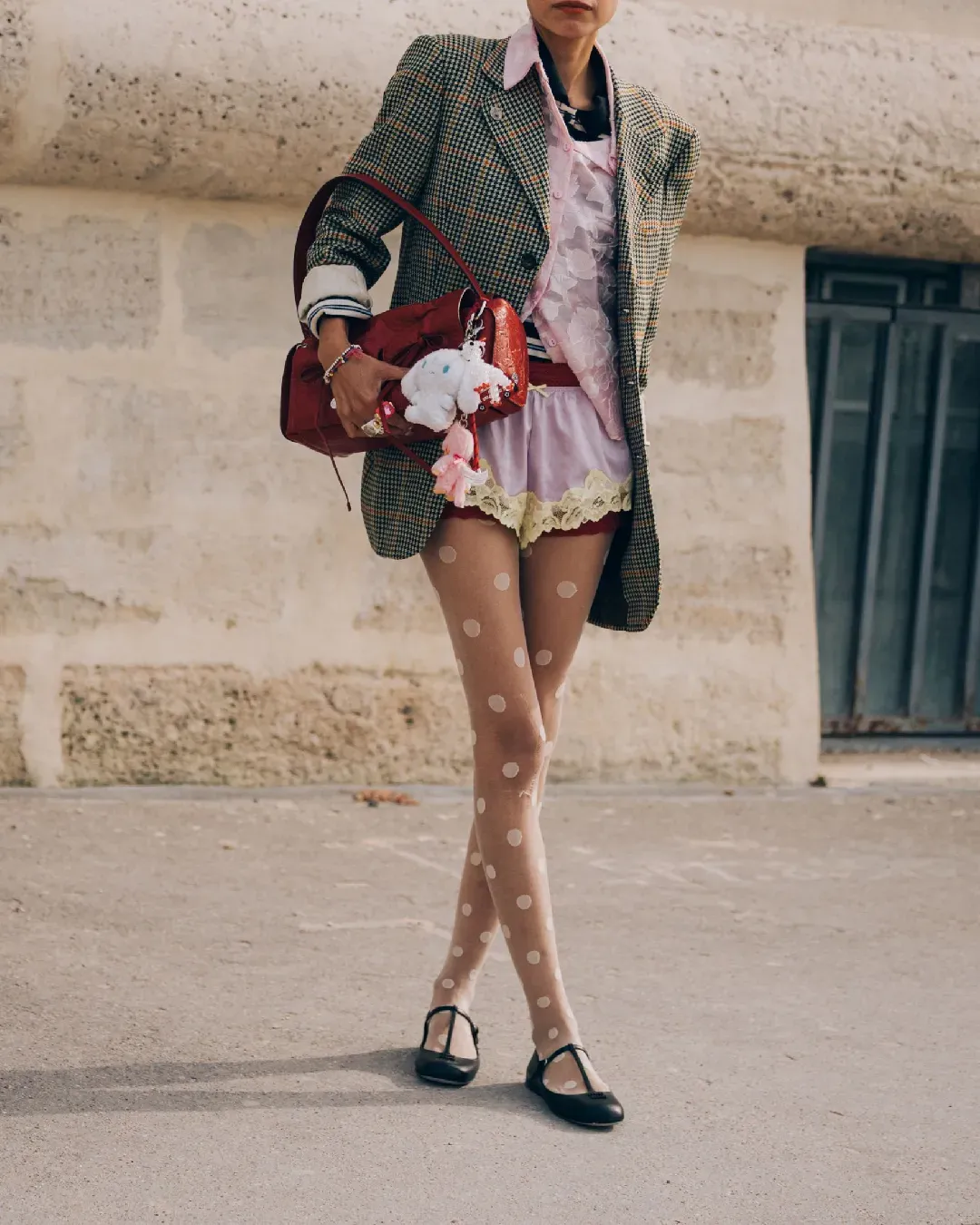
The Revolution Begins from Your Wardrobe How to make sustainable fashion according to Marina Spadafora
«We need to be vocal about it», says Marina Spadafora talking about sustainability in fashion. And it would be hard to be more vocal than the designer who wrote and presented, together with journalist Luisa Ciuni, her new book, The Revolution Begins from Your Wardrobe, which examines the thorny issue of the pollution caused by the fashion luxury industry. Marina Spadafora's thesis on the topic of both social and environmental sustainability is as crystal clear as it is irrefutable: the public must make themselves felt with the strength of a grass-root movement, that is, a movement that starts from the bottom, until those who decide can no longer ignore the issue.
Consumers do not know the enormous power they possess and, if they stop buying from brands that ignore social and environmental ethics, their combined influence could unbalance an artificial balance that exists at the expense of nature and emerging economy countries. «Fighting hard and without fear», she defines it with irony, especially since the designer and activist conded her philosophy of one-liners and jokes that make it decidedly captivating – and that were transposed in the book presented last Wednesday in Milan, on the terrace of the Sozzani Foundation, with an opening speech by the journalist Alan Friedman.
nss magazine reached out to Marina Spadafora just before the event to get to know better her vision of sustainable fashion.
Sustainable fashion is a topic that dominates the discourse within the fashion industry. How and why did this topic capture his interest?
I have been in the field of in-sustainable fashion for so many years. I had my own brand, I collaborated with Ferragamo, Prada, Miu Miu, Marni and many others. At one point, around 2007, I had a very strong desire to dedicate myself to something that would improve the conditions of those who work in fashion and the planet. It's something that comes from afar: even when I did my fashion shows, they were smaller events, like those of the ateliers, and what I saved I dedicated every season to a different charity. From 2007 until 2013 I dedicated my work to sustainability in full. I was creative director of Other Market, which has 300 stores in Italy, all dedicated to fair and sustainable trade. For many years I worked with artisans around the world: I visited Nepal, Ethiopia, Peru. It's been a beautiful time.
Is a fully ethical fashion possible?
Not only is it possible, but it is necessary. I am the national coordinator of Fashion Revolution, a movement born after the collapse of Rana Plaza in Bangladesh – a collapse in 2013 in which more than a thousand people died. Carry Somers and Orsola De Castro, in London, began this movement to make consumers more aware of the power their money has. Every time we spend, we vote for the world we want. If you buy in fast fashion chains, you finance an operation that is not ethical, you become accomplices. Fast fashion brands are getting right from a sustainability point of view, they have signed various agreements, such as Green Peace's Detox Protocol, but from a social point of view they still don't pay the right. Buying fast fashion means espousing that way of doing business, which is a way of doing business that doesn't respect people or even the environment. Before making a purchase you should inquire. There is an app called Good on You that gives each brand a rating on the scale of both social and environmental sustainability. In addition, you should buy less often but something more durable. Take care of your clothes and don't throw them away – which is the worst thing to do. The most sustainable piece of clothing is the one that is already hanging in our closet.
The efforts of brands in this regard are now highly publicized. How many cases are they concrete and how many are they just green-washing?
The problem of greenwashing exists. But it depends on brand to brand. The Kering Group is the one that has emphasized sustainability from the beginning from the beginning. But the real, gigantic problem is that there are no laws about it. In the world of food and cosmetics there are very clear rules also for how to write a label – to avoid lawsuits. In clothing these laws are not yet there. Fashion Revolution, together with 60 other associations, has drawn up a shadow policy submitted to the European Parliament, named Fair & Sustainable Textile. We will know whether or not brands tell the truth when there are laws that will be able to check the veracity of their statements.
If fashion were completely sustainable, would the price points of clothes go up or down? Do you believe that sustainable fashion is also more economically sustainable for consumers?
I have a theory: in my opinion if a brand starts doing things as they should be done, it is clear that the cost of clothing will come up. But the fact that the brand is getting into compliance doesn't have to raise the price of consumers. If a brand spends more, it needs to slightly revise its profit margins. The owner of Inditex is one of the richest men in the world, reduce his profits a little, what would change? The surcharge of fashion in a proper way must be absorbed, in my opinion in total, but at least 80% by the corporation. It must not fall all over the shoulders of consumers.
Are the secondary luxury market, vintage and upcycling adequate responses to the problem of waste?
I only dress vintage, forget about it. Every garment rescued from landfill or not sent to Africa to end up in their landfills (everything we put in the bins ends up there) that is resold and re-loved by someone else is a great success. You give your wardorbe a second life. The worst crime is throwing away the clothes – giving it away, organizing swap parties is the best solution.
So you don't need the yellow bins for the clothing donations?
Bales of used clothing are made, which are shipped to countries with emerging economies. In Accra, Ghana, there is a huge market where merchants buy these closed-box bales. They open them and half of those clothes are damaged or dirty and they throw it away. The landfills and rivers of Accra are choke full of our clothes thrown away. We need to produce less: produce less and better and people need to make it last. It's the only way forward.
On the road to sustainability in fashion, what part does the digital element play?
From an information point of view, digital gives us the ability to share information immediately. Digital has no boundaries, no race: it makes you can range, the world is your treasure chest. But we also have to be vocal about it: if each of us became a news center, critical mass would be created. At a time when we create critical mass, the scale shifts and governments cannot look away. We must be a grass-root movement, but from above the laws must come. And then brands can't run away. Top brands need to motivate their chain. And if they don't care to do it they will have to, because otherwise we will not buy their clothes anymore. The idea is to boycott: fight is hard without fear.



































































